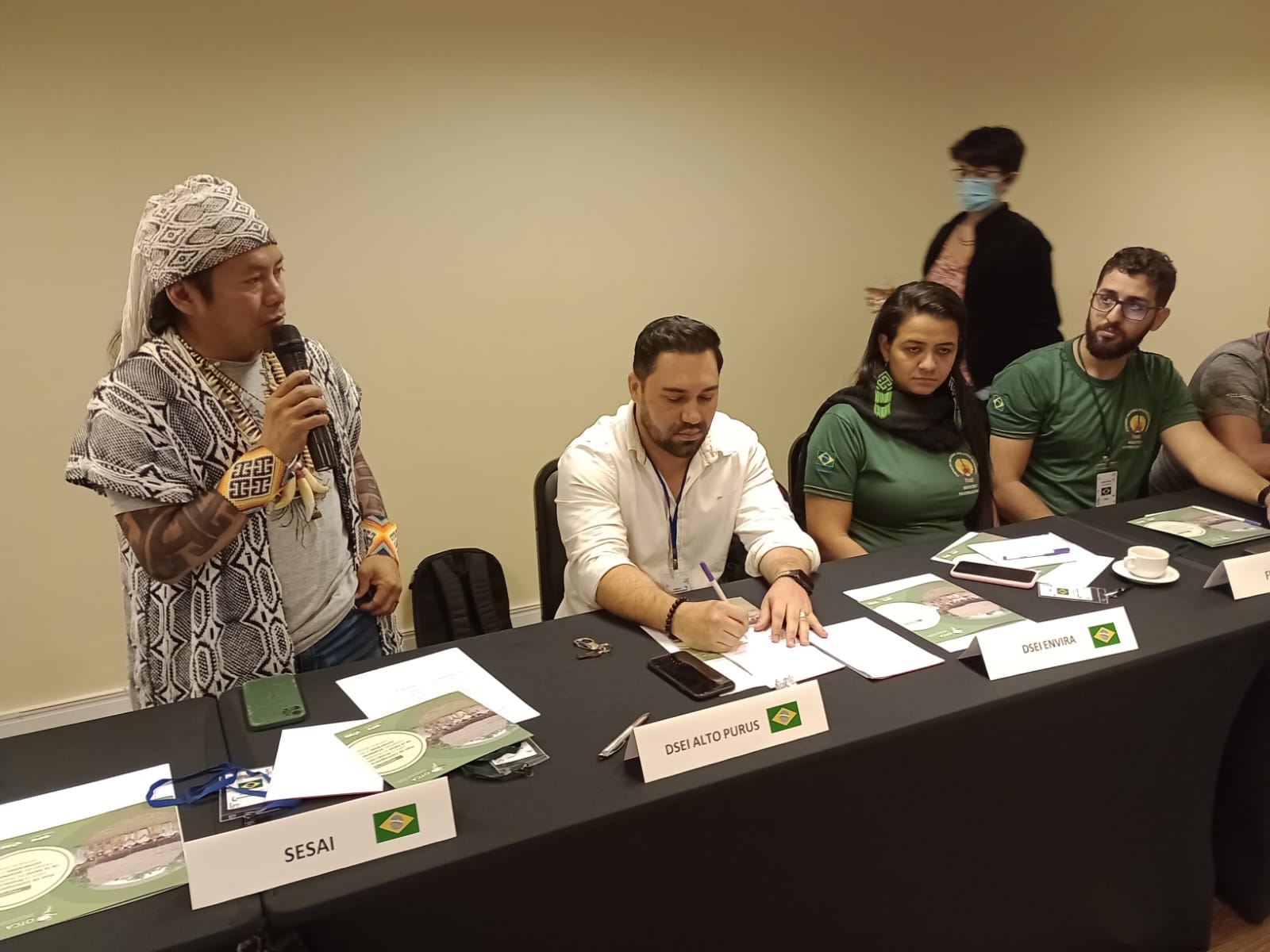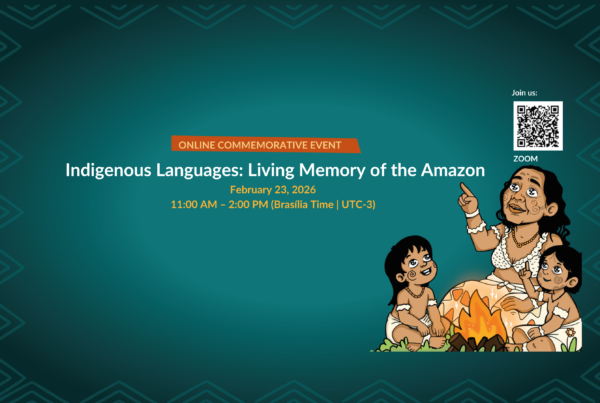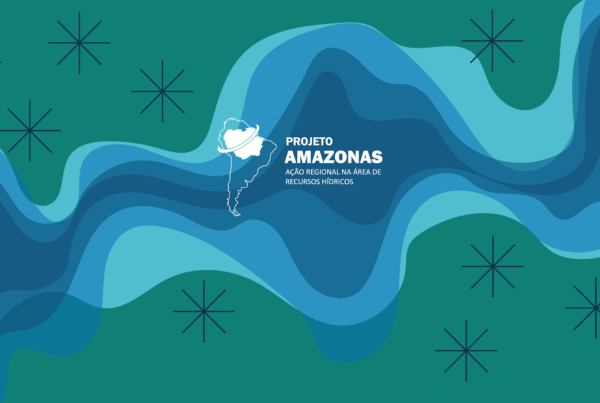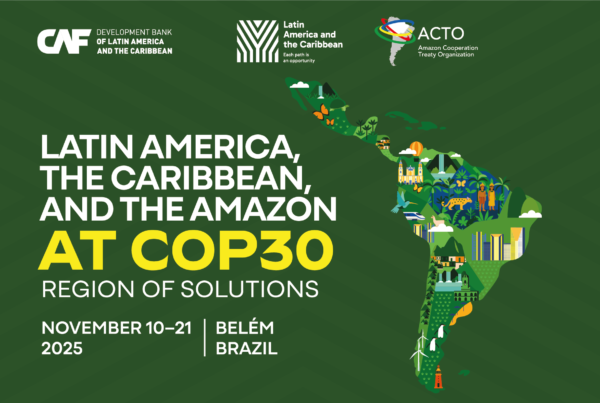In the area of the Project Contingency Plans for Health Protection of Highly Vulnerable Indigenous Peoples and in Initial Contact (ACTO/PAHO/IDB), the Tri-national meeting of the triple border Peru (Madre de Dios), Brazil (Acre), and Bolivia (Pando) is taking place with the purpose of defining the articulation and coordination of the health services of these regions.
During the presentations of ACTO Member Countries, the representation of the Ministry of Culture, the governing body under the Directorate of Indigenous Peoples in Situations of Isolation and Initial Contact (DACI for its acronym in Spanish) explained the mechanisms and actions of protection of the rights of indigenous peoples in isolation and initial contact, in coordination with other sectors of the State, with indigenous organizations and civil society which perform principally in the area of Territorial Reserve of Madre de Dios.
In this context, they presented the healthcare actions provided to the indigenous peoples in initial contact in 2022, achieving to attend over 269 indigenous communities in initial contact at a national level and around 30 communities in Madre de Dios.
Moreover, they held discussion forums to address the principal issues, threats, and difficulties of the border region between Peru, Brazil, and Bolivia. Finally, suggestions from other participating institutions were collected to improve the strategy for the indigenous peoples in isolation and initial contact.
On their part, the delegation of the American Health Organization (PAHO) of Bolivia emphasized the importance of continuing with the articulation of interinstitutional actions to guarantee the continuity of healthcare for the indigenous population in the triple border region and to strengthen the mechanisms for the integration of traditional health services, with an emphasis on the highly vulnerable indigenous population in initial contact.
After the presentations of each country, the delegates agreed on the importance of strengthening the local technical units at a municipal level for the protection of the territory and the health of the indigenous community.



